Popular compact cameras with benefits that smartphones just can't match.
Now, I know camera phones are everywhere these days, but let me tell you, compact cameras still have some incredible benefits that smartphones just can't match.
Modern point-and-shoot cameras have larger sensors, which means better image quality and more detail in your shots. And who doesn't want their photos to look stunning, right? Plus, these little cameras also have a wide range of zoom capabilities.
Pocket cameras from this list come in all shapes and sizes, offering a range of features. Some have built-in flashes and optical zoom, while others are simpler and easier to use.
And hey, if you're feeling a bit adventurous, you can find cameras for amateur photographers with a variety of settings for those creative shots. Some of them can even shoot raw images, giving you full control over your post-processing.
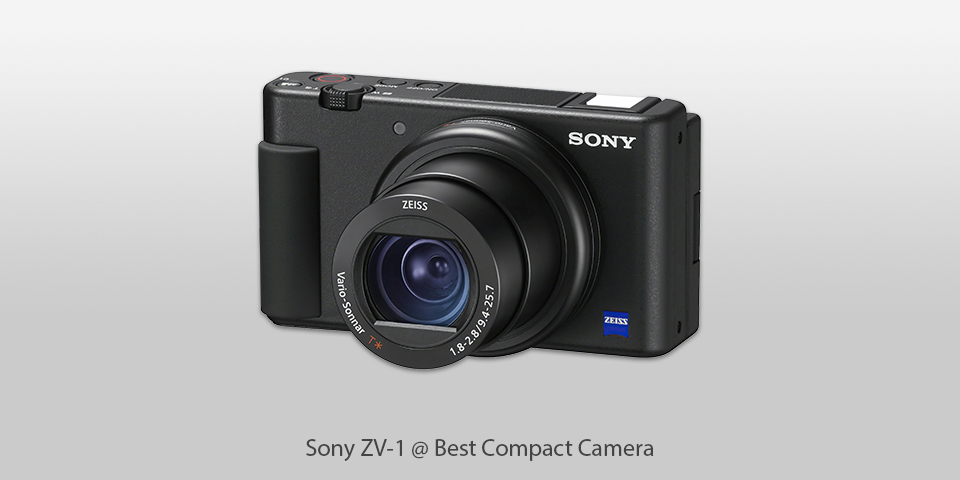
Megapixels: 20.1MP | LCD: 3” | Video: 4K
This compact camera will be suitable for those who need to upscale their vlogs by switching from a smartphone to a portable camera. What makes the Sony ZV-1 perfect for vlogging is that it is small and doesn’t weigh much.
As one of the best cameras for photography and videography, it has a special button for recording videos and a tilting screen that makes it easier for you to record videos of yourself. You can use it with an external mic and detachable windscreen to minimize noise when recording your videos.
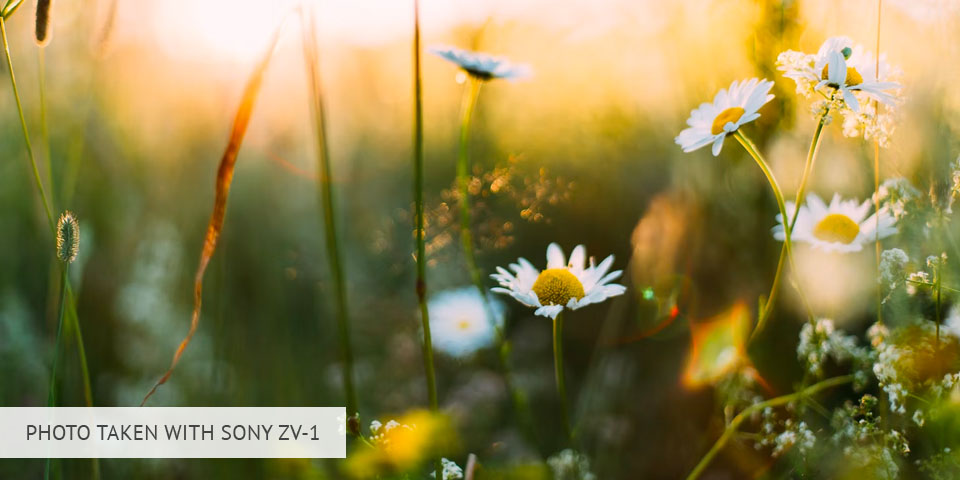
Whether you need to shoot videos outdoors or in the studio, this will be the perfect camera for your needs. You can also capture footage in the Product Showcase mode, which allows you to quickly focus on any object in the frame.
One notable omission is the lack of a headphone jack, which could be disappointing for those who want to monitor audio levels while recording. But fear not, you can still record audio via a mobile device when using the camera in selfie mode.
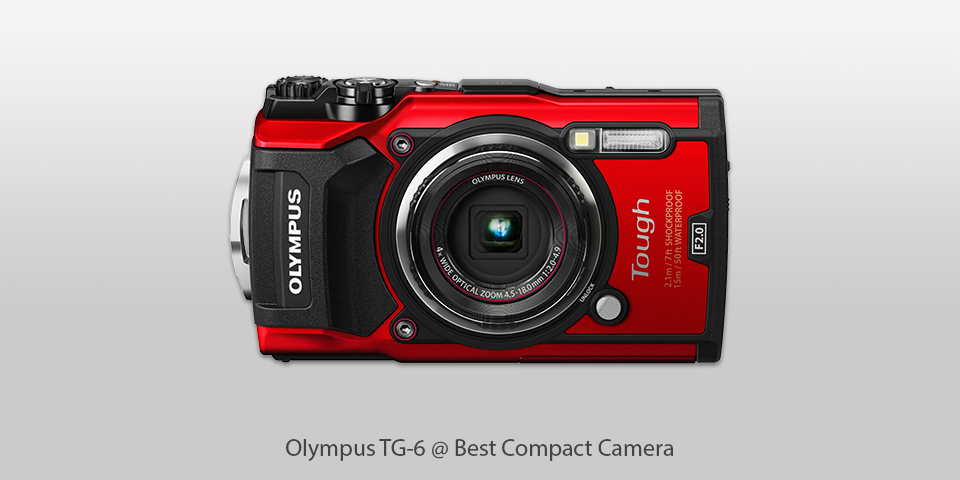
Megapixels: 12MP | LCD: 3” | Video: 4K
The body of this small digital camera feels really solid and durable. It gives you that extra confidence when using it in tough conditions. The dual locks on the hatches for the battery and memory card are a great addition, as they keep water and dust out and prevent any accidental damage to the camera.
Another standout feature is the ability to shoot in RAW format. This is perfect for those of us who like to do some post-processing and tweaking of our images with software.
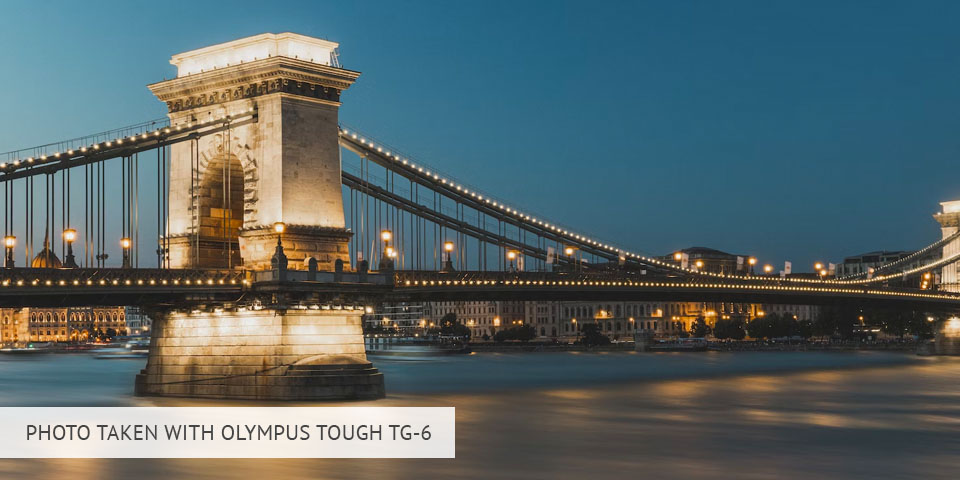
While the camera does have impressive features, it does have a few limitations. The LCD screen, although upgraded from the previous model, could still be difficult to see in bright sunlight. Also, some users have reported that the menu system can be a bit complicated to navigate, especially for beginners.
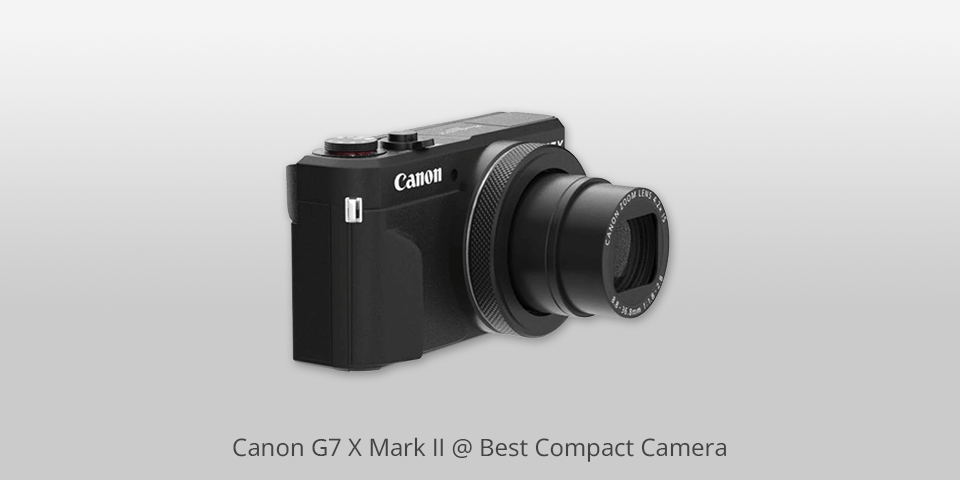
Megapixels: 20.1MP | LCD: 3” | Video: Full HD
First off, one of the biggest advantages of this portable digital camera is its impressive image quality. It captures high-resolution images with great detail and minimal noise. Even in low-light conditions, the f1.8-2.8 aperture lens allows for beautiful shots with blurred backgrounds.
The zoom range of 24 to 100 mm is also quite versatile, allowing you to capture various types of photos. And the camera's compact size and comfortable grip make it easy to handle, perfect for travel photos.
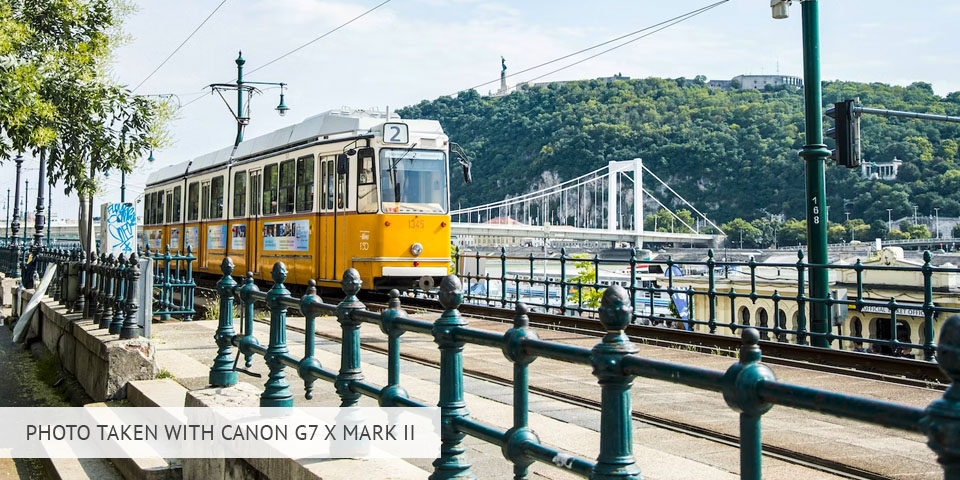
Although the burst shooting has improved with the upgraded processor, it still falls slightly behind faster 4K competitors in terms of speed. Also, this dynamic range camera lacks a dedicated Wi-Fi button, which can be a bit inconvenient. You'll need to navigate through the menus to access the Wi-Fi functions.
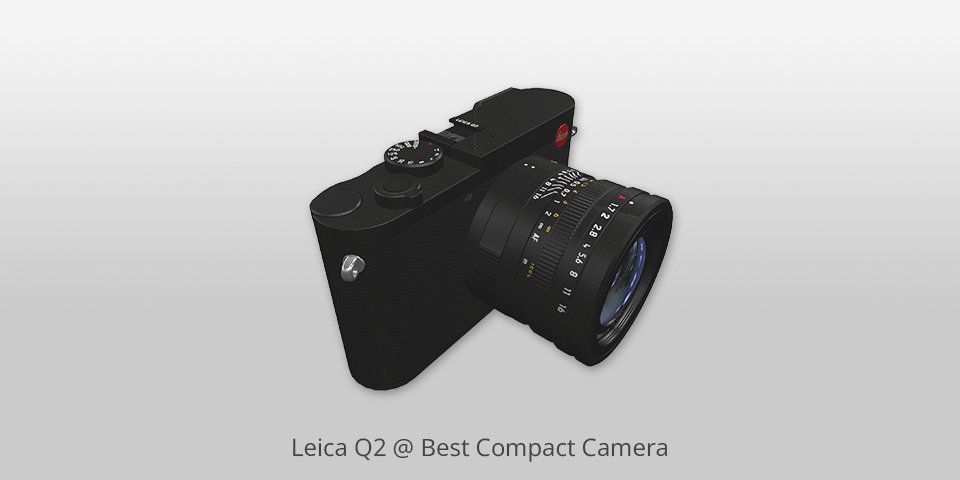
Megapixels: 47.3MP | LCD: 3” | Video: 4K
Overall, I must say that this camera for portraits truly delivers when it comes to image quality, which is something we have come to expect from Leica as a historic camera maker.
In terms of build quality, the Leica Q2 is top-notch. It is made of metal and feels very high-quality. Despite its sturdy construction, it remains lightweight and easy to carry around, which is always a plus for photographers on the go. The camera is also water-resistant, allowing you to use it in various weather conditions.
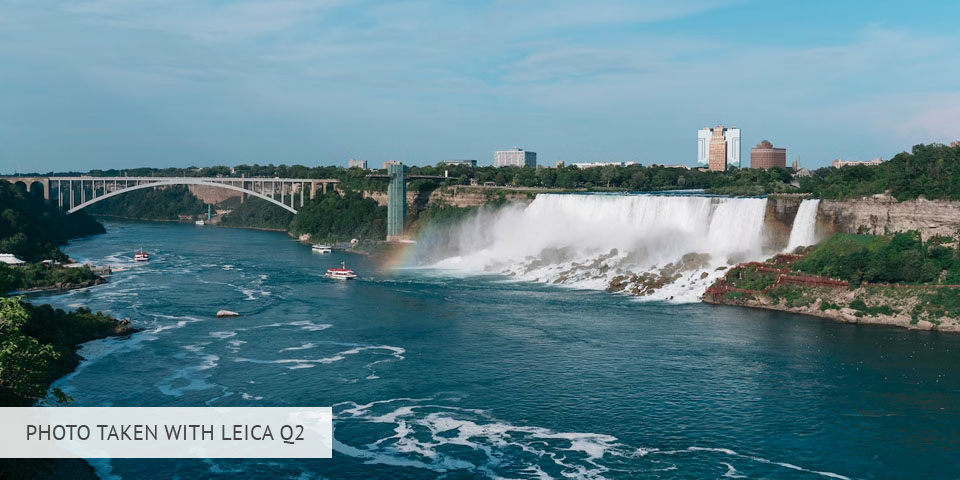
Unfortunately, the Leica Q2 comes with a hefty price tag, making it quite expensive. This might be a deterrent for some photographers who are looking for a more budget-friendly option.
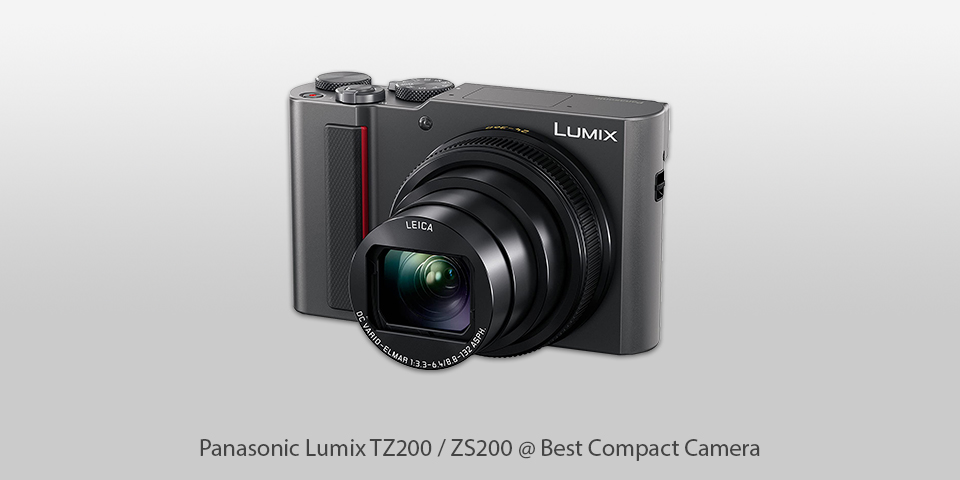
Megapixels: 20.1MP | LCD: 3” | Video: 4K
This small camera is packed with advanced features that you wouldn't expect from such a compact device. It has both Wi-Fi and Bluetooth connectivity, which is great for transferring and sharing your photos.
One of the standout features of the TZ200 is its versatility. Being one of the best cameras under $1000, it has a good range of scene modes and creative options such as 4K Photo and Post Focus, which give you more control over your shots.
Whether you're a casual point-and-shooter or someone who likes to dive into manual modes and shoot in raw format, this camera caters to both.
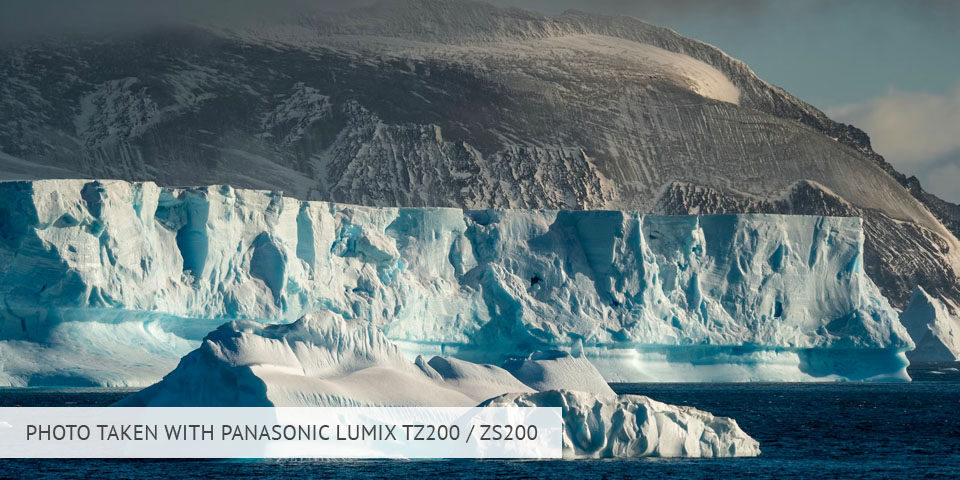
While the TZ200's autofocus is generally fast, it does struggle a bit in low-light situations. It's not the fastest in those conditions, but it still performs well in most situations. The lens, especially at the extreme edges of its zoom range, isn't as sharp as one would hope.
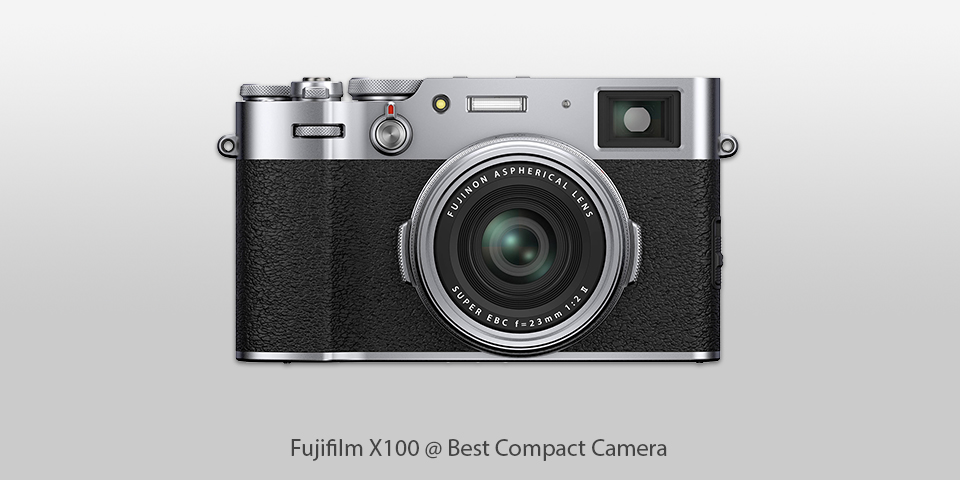
Megapixels: 12.3MP | LCD: 3” | Video: HD
The X100 offers a traditional portable digital camera experience with modern high-tech components. It also features both an electronic viewfinder and an optical hybrid viewfinder, giving you options for framing your shots.
One standout feature is the viewfinder's ability to display guidelines for the focus area, making manual focusing a breeze. It's a handy tool for achieving that perfect focus every time. Additionally, the X100 has a built-in self-timer that doubles as a remote control, allowing you to get in the frame for those self-portraits or group shots.
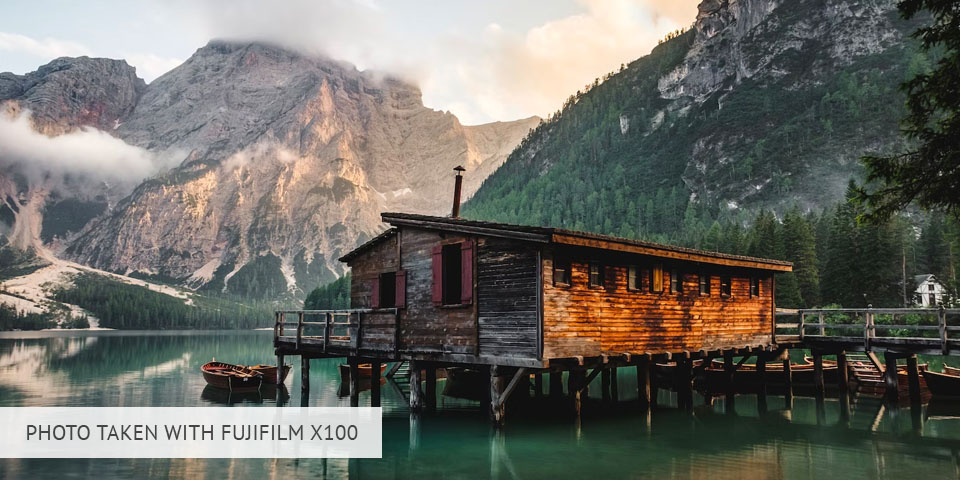
The X100 can be a bit slow when starting up or writing to its SD card. It takes around 6 seconds to save a single RAW + JPEG shot. While it's not the fastest camera out there, it's still perfectly capable for most casual shooters.
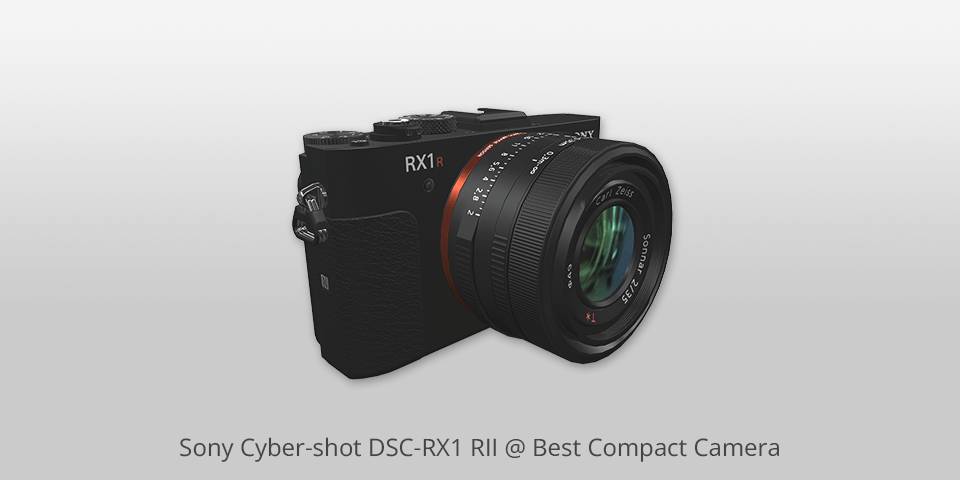
Megapixels: 43.6MP | LCD: 3” | Video: Full HD
This highest megapixel camera allows you to adjust the filter between off, standard, and high, which can help avoid moire in images with repeated patterns like fabric. It's a handy feature to have.
In terms of shooting modes, the RX1 RII offers a full range and has 399 autofocus points. There's also a manual mode for those who want more control over exposure and white balance. However, in my tests, I found that the camera tended to underexpose shots in certain conditions and favored a warm color temperature.
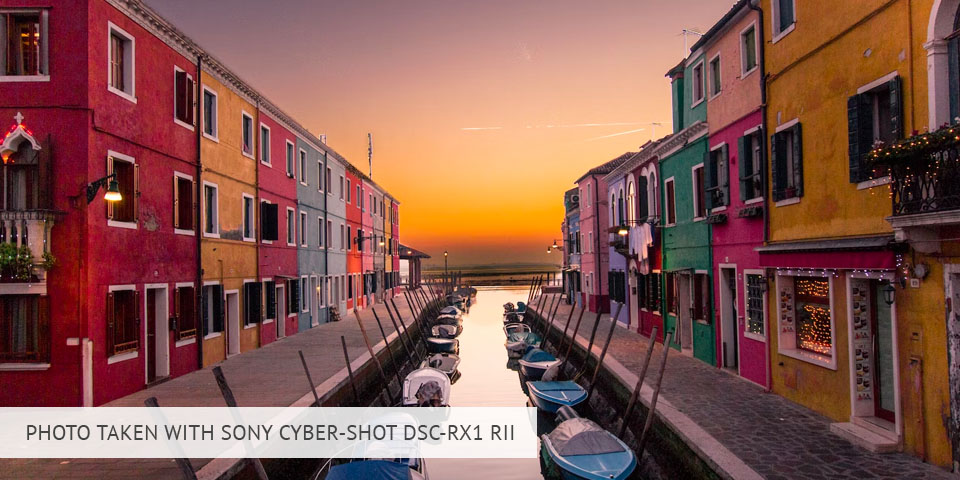
The battery life is poor, so you'll definitely need to invest in a spare battery if you plan on shooting for a long time. Another drawback is the lack of optical image stabilization, which can be a concern for some photographers.
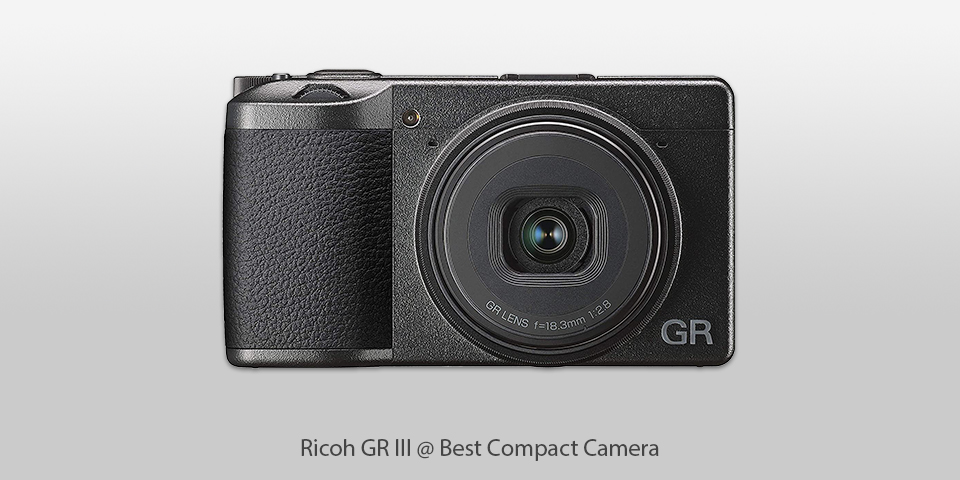
Megapixels: 24MP | LCD: 3” | Video: Full HD
Whether you're shooting on the streets, capturing landscapes, attending concerts, or traveling, this camera delivers. It also works great for everyday shooting, thanks to its wide range of picture styles and user-friendly features.
Low-light performance is also a strong suit of this camera for sports, thanks to its fast lens and new sensor. It allows you to capture sharp and detailed images even in challenging lighting conditions.
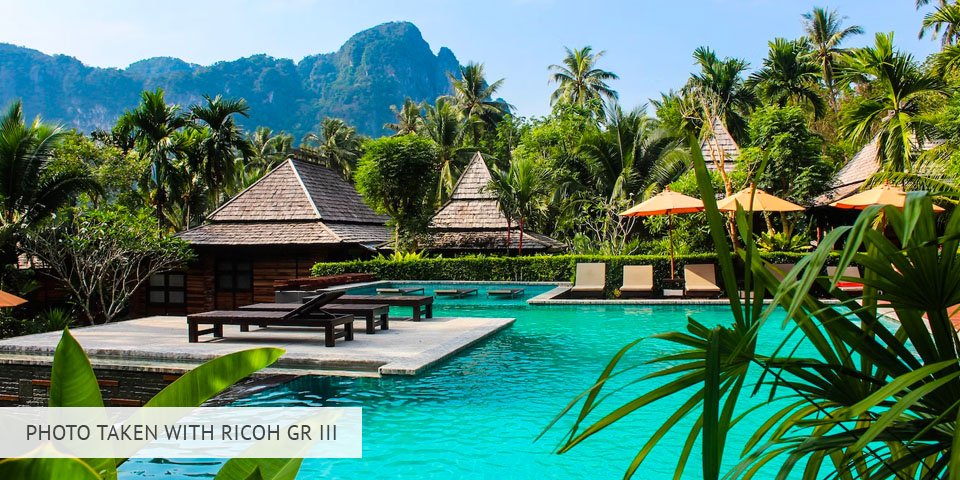
One notable drawback is the lack of an optional EVF (electronic viewfinder), which can be a deal-breaker for some photographers who prefer composing their shots through a viewfinder. The autofocus performance can also be inconsistent in challenging conditions, falling short of some competitors.
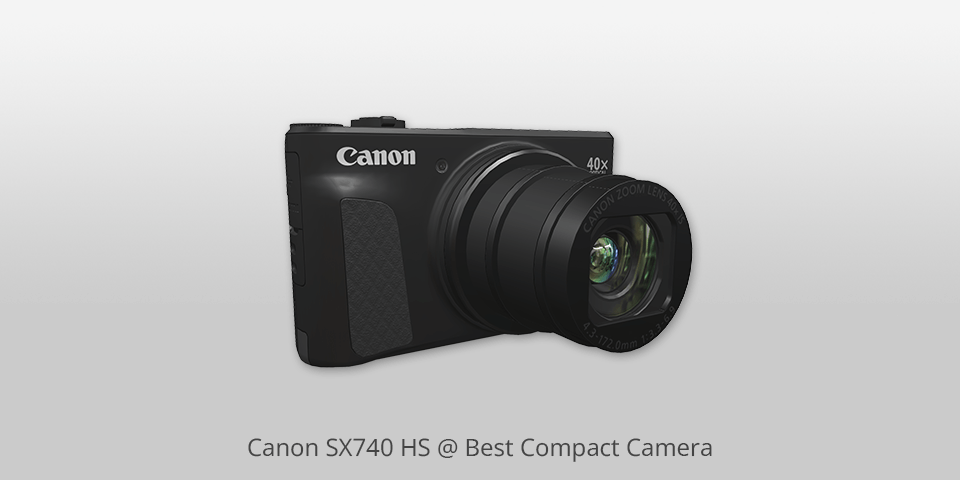
Megapixels: 18MP | LCD: 3” | Video: 4K
I have to say that this portable digital camera is not designed for more advanced photographers. It lacks a viewfinder, which can be a drawback for those who prefer to compose their shots through a viewfinder rather than the LCD screen.
Speaking of the LCD screen, it does tilt to help reduce glare in bright sunlight, but surprisingly, it's not touch-sensitive. In this day and age, that's a bit of an odd choice.
Using this camera for macro photography is a breeze. The menus and controls are laid out in a clear manner on the screen, and if you're familiar with Canon EOS DSLR or mirrorless cameras, you'll feel right at home with the menus.
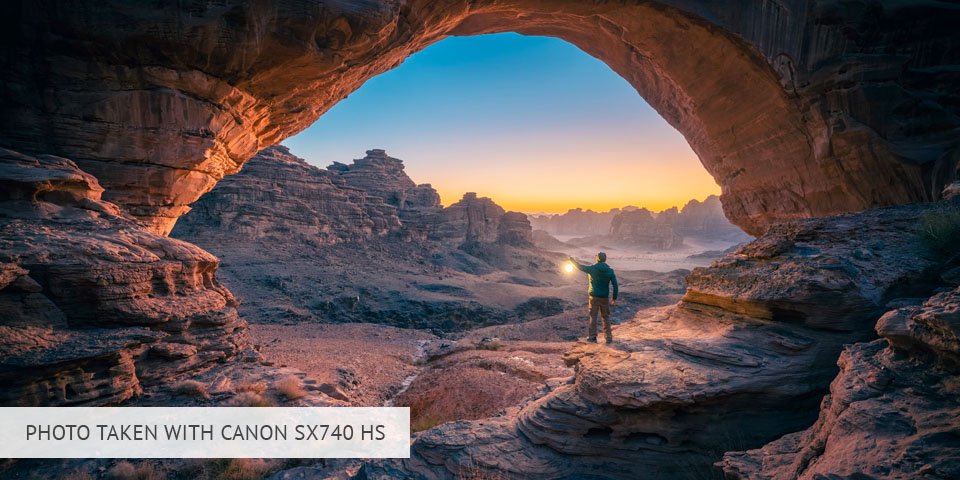
Unfortunately, there are a couple of disappointments for enthusiast photographers. Firstly, the camera does not offer the ability to shoot in RAW format, which limits your post-processing options.
Secondly, there is no option to turn off noise reduction, which may be frustrating for those who want more control over their images.
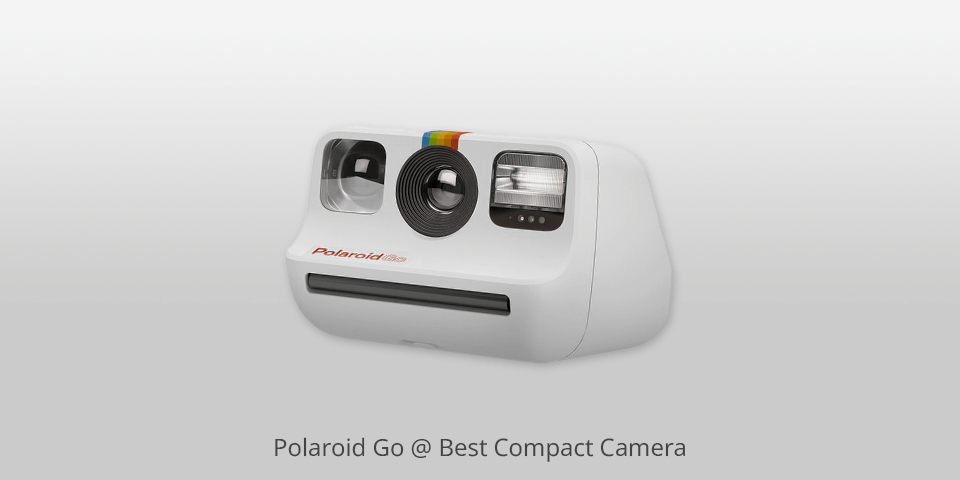
Megapixels: 0.11MP | Film Color: Colored | Exposure Control Type: Automatic
The Polaroid Go is incredibly compact. It's smaller than most smartphones, making it super easy to carry around with you wherever you go. It's perfect for travel or capturing events, as it easily fits into any bag or backpack.
The camera's size also makes it great for taking close-ups and portraits. The photos it produces are absolutely stunning and have that classic Polaroid look.
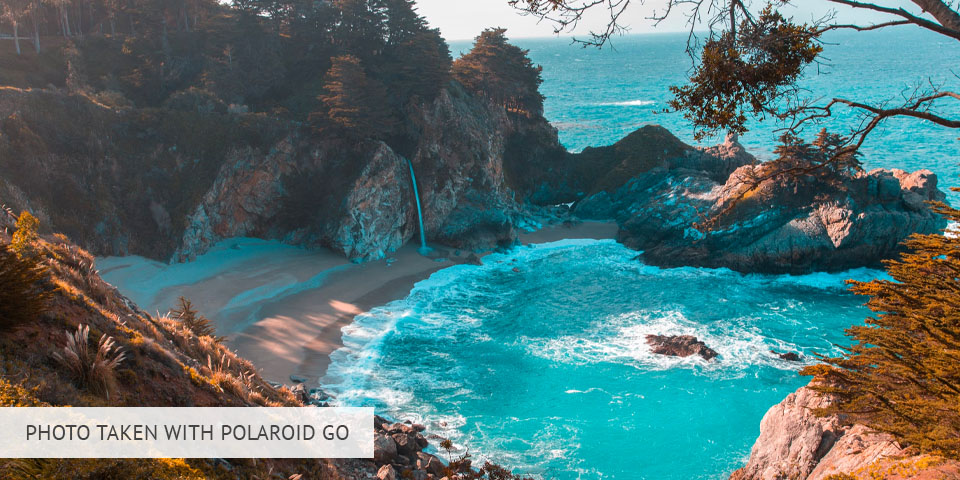
I also appreciate the simplicity of this instant camera. It has a retro-inspired design with a single flash button that offers double exposure and a self-timer. It's really easy to use, even for beginners. Plus, it has a built-in selfie mirror, making it a great choice for taking selfies.
One of the main drawbacks is the limited functionality of the Polaroid Go. It doesn't have many settings for fine-tuning your shots, like manual focus or ISO adjustments. This can be a bit frustrating for photographers who like to have more control over their images.
| IMAGE | NAME | FEATURES | |
|---|---|---|---|

|
Sony ZV-1
OUR CHOICE
|
CHECK PRICE → | |

|
Olympus Tough TG-6
WATERPROOF
|
CHECK PRICE → | |

|
Canon G7 X Mark II
FOR VIDEO
|
CHECK PRICE → |
As a photographer, I want to help you choose the best compact camera, even if you're not familiar with them. So, let's dive in.
Sensor size. This little guy is the heart of the camera and determines image quality, brightness, and performance in low light. Larger sensors usually mean better image quality, so keep an eye out for that.
Megapixels. It all depends on your goals. If the image size is the most important aspect for you, you need to be guided by the number of megapixels. For example, if you are going to print photos of small size, you can use any camera for amateur photographer from 12 megapixels (for example, a smartphone camera) and up.
However, if you are shooting at a professional level and your work involves printing large pictures, pick out an expensive and high-quality Sony camera or a similar device produced by another brand.
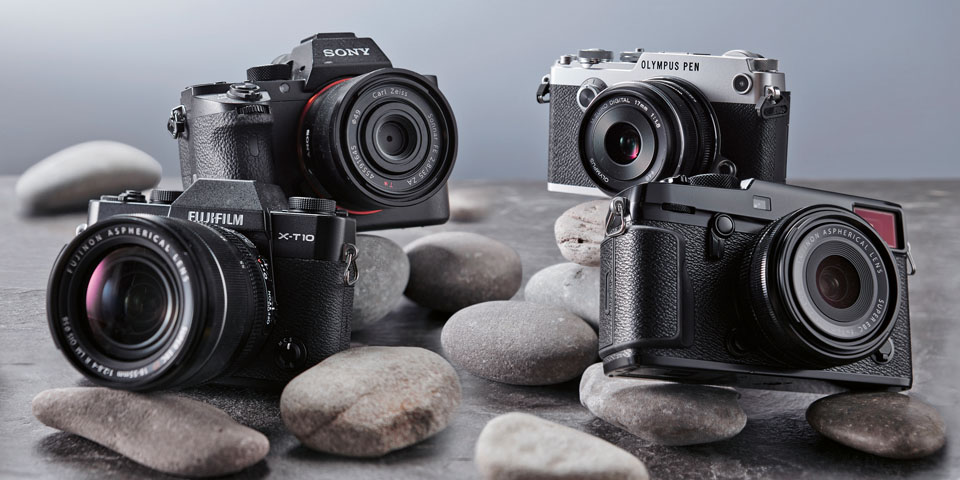
Lenses and zoom capabilities. Some small digital cameras offer a variety of focal lengths, while others have a fixed focal length (also known as a prime lens). More zoom range might make the camera bigger and bulkier, but compact cameras can surprise you with their zoom options while remaining small and lightweight.
Now, if you're into specific photography genres like landscapes or city shots, look for a wide-angle lens. On the flip side, if wildlife and nature are your thing, a compact camera with a telephoto zoom lens will be your best bet.
Image stabilization. It helps prevent blurry images, and some cameras have it built-in, while others require an external stabilizer. Keep that in mind if you want your photos to be crisp and clear.
Battery life. It is also worth considering, especially if you plan on using your small digital camera for extended periods or during travels. Longer battery life means less worrying about recharging and more time to capture amazing moments.
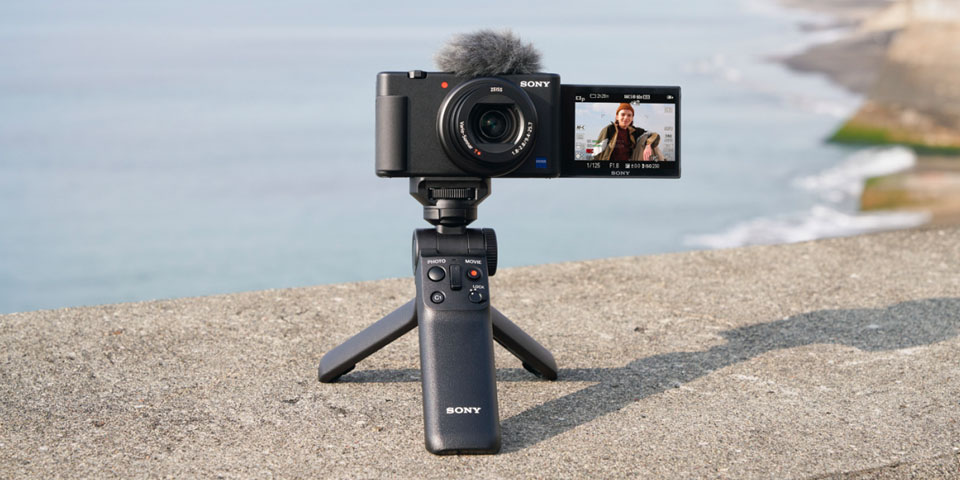
Video. If you're a video enthusiast, look for the cheapest 4K camera for shooting professional videos. Trust me, the quality is incredible! And if you want a better sound recording, make sure the camera has a microphone jack.
Flash. The built-in camera flash is rarely used when shooting, but sometimes it can help you in difficult situations when the natural light is insufficient, and you don’t have artificial light sources.
A flash of inexpensive compact digital cameras usually has a maximum range of only 2-3 meters, while the more expensive models offer 7-8 meters.